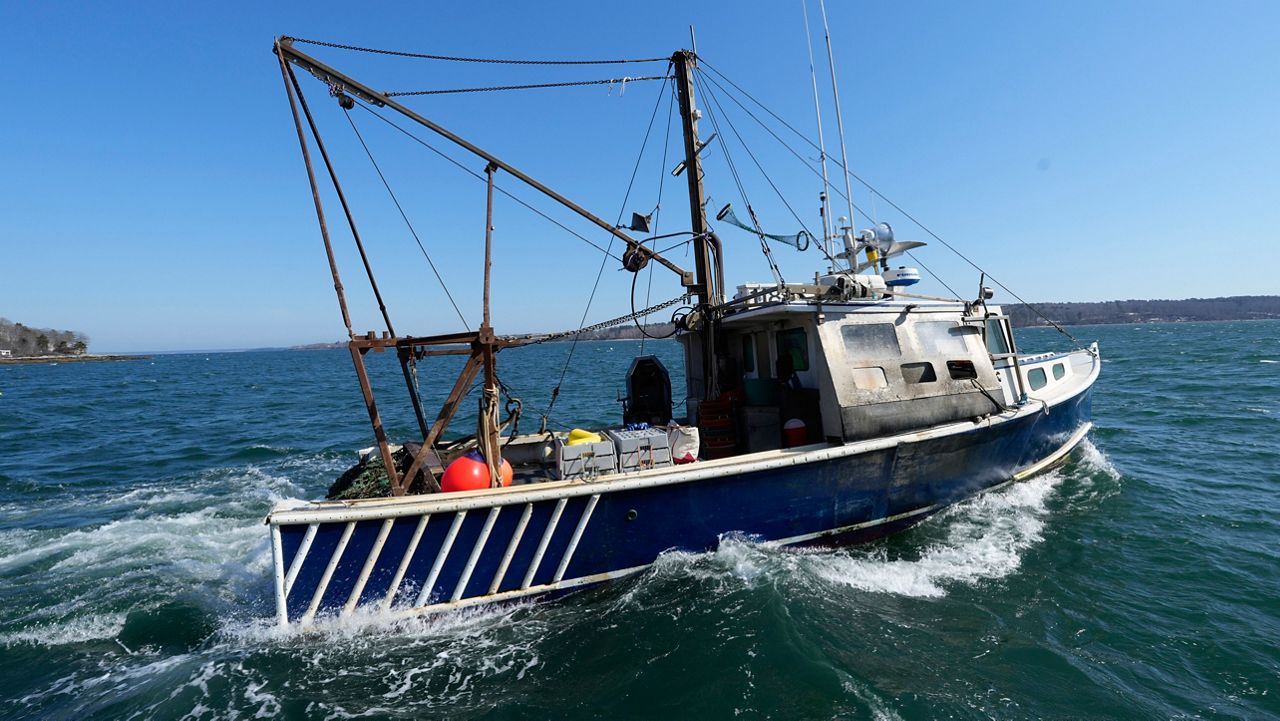ORONO — According to a newly released report from the University of Maine, the lack of significant snowfall and below freezing temperatures last winter took a toll on the snowmobiling industry.
The study found that snowmobiling generated $582 million in revenue during the 2023-24 season — a $128 million drop from the previous year.
“Snowmobiling is highly sensitive to snow conditions. On a good year with lots of snow, people register their snowmobiles, they make a lot of trips, they go to all sorts of places around the state of Maine,” said Jessica Leahy, a professor in the School of Forest Resources at the University of Maine and the lead author of the report. “On a year [without] a lot of snow, people hold off on registering their sleds, they don’t take as many trips, they’re more selective in where they go as a result of the snow.”
The study builds on a report from 2020 that examines the 2018-19 snowmobiling season.
According to the study, snowmobiling contributes $700 million dollars to Maine’s economy in a typical year.
Leahy said that money is often divided into two categories.
“The economic contribution of snowmobiling is about half related to trips and half related to those big purchases like snowmobiles,” said Leahy.
Snowmobiling also supports roughly 2,000 jobs in Maine.
Leahy said businesses like repair shops, equipment retailers and lodging venues rely on this revenue during the winter.
“[The study] helps quantify what a lot of small businesses and communities are feeling. When they’re having these bad years it’s nice to know the actual number and indeed it is a pretty stark decline from year to year if it’s a bad snow year,” said Leahy.
Leahy said the industry’s ability to bounce back this year rides on the weather.
“It’s a pretty stark decline from year to year if it’s a bad snow year,” said Leahy. “We’ll see what this year has in store, there’s a lot of winter left but a lot of folks are also saying snow levels aren’t really ideal for snowmobiling in many parts of the state.”










